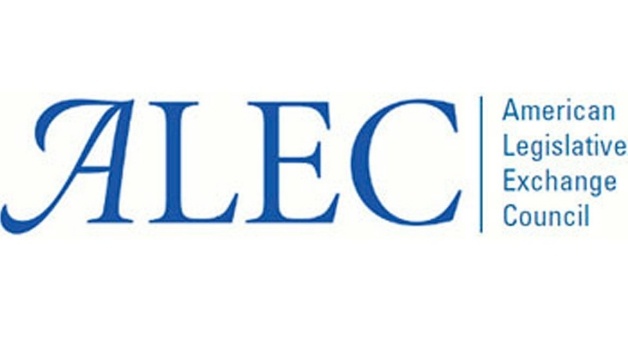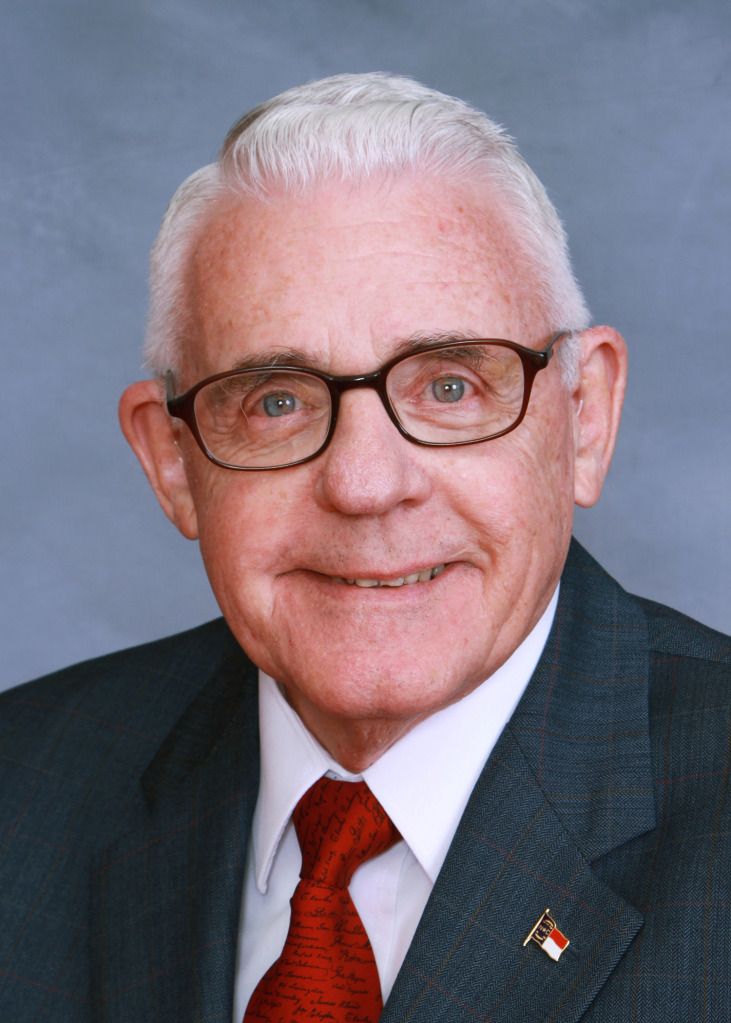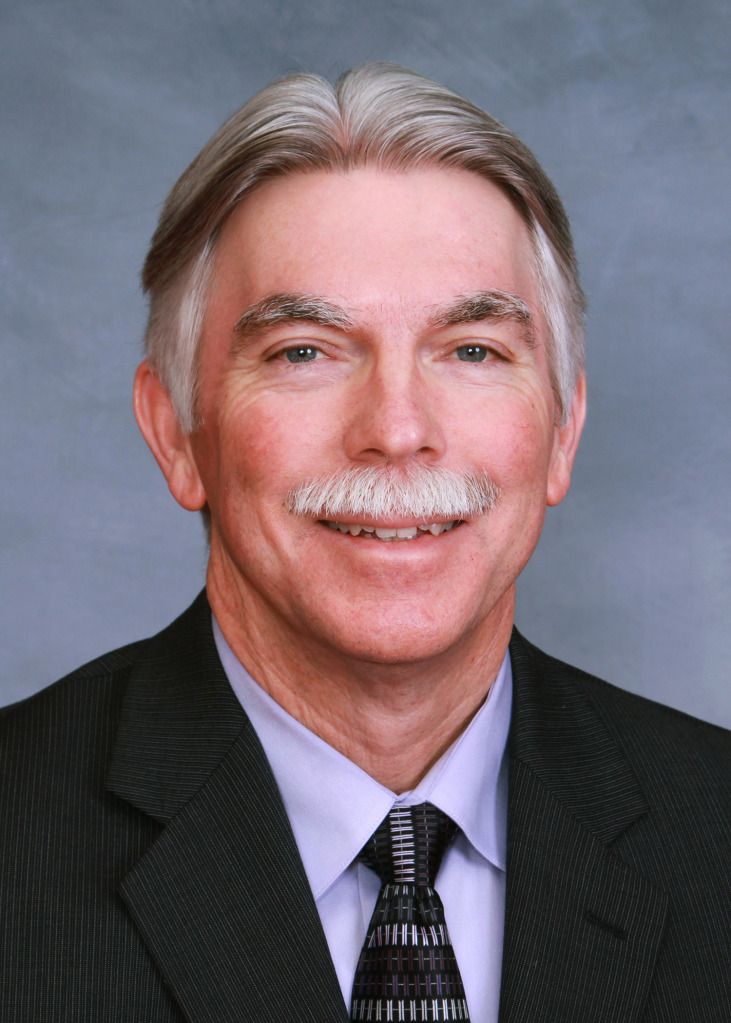Meet the ALEC-connected lawmakers behind bill to kill NC renewable energy law

The American Legislative Exchange Council (ALEC), a controversial and powerful group that brings together state legislators and corporate representatives to promote conservative policies, has been pushing to repeal state renewable energy standards -- and now lawmakers affiliated with the group have filed legislation to do just that in North Carolina.
This week, the Affordable and Reliable Energy Act (H298) was introduced to repeal the state's renewable energy portfolio standard (REPS), which currently requires 3 percent of all electricity sold in the state to come from renewable sources, with that portion rising to 12.5 percent by 2025. North Carolina was the first state in the Southeast to adopt a REPS law, with the General Assembly passing it with broad bipartisan support in 2007.
The move to scrap the REPS comes despite research showing that the law has been responsible for significant job creation in North Carolina, which was recently found to be among the top states for clean-energy project announcements.
The North Carolina REPS repeal bill has four primary sponsors -- and three of the four have known affiliations with ALEC. The primary sponsors, all Republicans, are:
 * State Rep. Mike Hager (R-Rutherford, Burke). First elected to the state House in 2010, Hager is an engineer who worked for 17 years for Duke Energy, which under H298 would be allowed to recoup from its customers the costs of contracts it has entered for renewable power. Though Hager says he is now retired from the utility, his economic disclosure form does not report any income from the utility giant. However, it does report that he received $1,000 from ALEC to attend a conference in 2011.
* State Rep. Mike Hager (R-Rutherford, Burke). First elected to the state House in 2010, Hager is an engineer who worked for 17 years for Duke Energy, which under H298 would be allowed to recoup from its customers the costs of contracts it has entered for renewable power. Though Hager says he is now retired from the utility, his economic disclosure form does not report any income from the utility giant. However, it does report that he received $1,000 from ALEC to attend a conference in 2011.
The head of the Public Utilities and Energy Committee, Hager has also been a key leader in the push to allow fracking for natural gas in North Carolina, even attempting to have a key vote taken on the matter when a Democrat momentarily left the floor during debate.
The top industry contributor to Hager's campaign is electric utilities, according to the National Institute on Money in State Politics' FollowTheMoney.org database. In the most recent election cycle, he received $8,000 from Duke Energy, $5,500 from the N.C. Association of Electric Cooperatives, $4,000 from Progress Energy, and $2,000 from Dominion.
 * Rep. Marilyn Avila (R-Wake). A chemist who once worked for the North Carolina-based textile giant HanesBrands, Avila was elected to the General Assembly in 2006. Before that, she spent 15 years working as the administrative director and event coordinator with the John Locke Foundation (JLF), a Raleigh think tank that was founded and is funded primarily by leading conservative financier Art Pope, who is now the state budget director.
* Rep. Marilyn Avila (R-Wake). A chemist who once worked for the North Carolina-based textile giant HanesBrands, Avila was elected to the General Assembly in 2006. Before that, she spent 15 years working as the administrative director and event coordinator with the John Locke Foundation (JLF), a Raleigh think tank that was founded and is funded primarily by leading conservative financier Art Pope, who is now the state budget director.
JLF has been a leading voice of climate science denial in North Carolina, and it has been working to repeal the REPS with representatives of ALEC and the American Tradition Institute, another climate science denial group with fossil-fuel industry connections. Avila is among the North Carolina lawmakers who attended ALEC's 2011 annual meeting.
In the most recent election cycle, energy interests were among her top 10 biggest donors, according to FollowTheMoney.org.
 * Rep. George Cleveland (R-Onslow). A former Marine and assistant security officer for the State Department, Cleveland was elected to the state House in 2004. He filed legislation to repeal REPS during the last legislative session, but it didn't go anywhere.
* Rep. George Cleveland (R-Onslow). A former Marine and assistant security officer for the State Department, Cleveland was elected to the state House in 2004. He filed legislation to repeal REPS during the last legislative session, but it didn't go anywhere.
Earlier this year, Cleveland sponsored a talk at the legislature by John Droz, a fellow with the American Tradition Institute, that attacked renewable energy and purported to show that global warming is a scientific hoax. In 2010, Cleveland was among the state lawmakers who signed an ALEC letter to U.S. Senate Majority Leader Harry Reid opposing plans to regulate greenhouse gases under the Clean Air Act.
Electric utilities were fourth among Cleveland's biggest industry contributors in the latest election cycle, according to FollowTheMoney.org.
 * Rep. Jeff Collins (R-Nash, Franklin). A financial consultant and the founder of Rocky Mount Bible Church, Collins is the only one of the four primary sponsors of the REPS repeal bill who does not have documented ties to ALEC. He is a member of the Public Utilities and Energy Committee chaired by Hager.
* Rep. Jeff Collins (R-Nash, Franklin). A financial consultant and the founder of Rocky Mount Bible Church, Collins is the only one of the four primary sponsors of the REPS repeal bill who does not have documented ties to ALEC. He is a member of the Public Utilities and Energy Committee chaired by Hager.
Electric utilities were sixth among Collins' biggest industry contributors in the latest election cycle, according to FollowTheMoney.org.
Of the 21 co-sponsors of the bill, five also have known ties to ALEC: Reps. Hugh Blackwell (R-Burke), Rayne Brown (R-Davidson), Justin Burr (R-Stanly), Sarah Stevens (R-Surry), and Mike Stone (R-Lee). In addition, House Speaker Thom Tillis (R-Mecklenburg), who will play a key role in advancing the legislation, recently joined ALEC's board of directors.
ALEC claims that renewable energy standards increase energy costs, but research has shown just the opposite: A recent study conducted by RTI International and La Capra Associates for the N.C. Sustainable Energy Association showed that the state's REPS law was not only a key driver of clean energy development and job creation but that the law will also lead to lower electricity rates over time by avoiding the construction of costly new fossil fuel and nuclear power plants. By 2026, the state's clean energy program will have resulted in a total of $173 million in cost savings for electricity customers, the study found.
ALEC's modus operandi has drawn widespread criticism, with the watchdog group Common Cause filing an IRS complaint last year accusing the group of violating its tax-exempt status by lobbying state lawmakers.
Almost 98 percent of ALEC's budget is raised from sources other than legislative dues, including corporations, trade associations, and corporate foundations, according to the Center for Media and Democracy's ALEC Exposed project. ALEC has also gotten significant funding from foundations controlled by the billionaire brothers behind the Koch Industries oil and chemical conglomerate, who have also been major funders of attacks on climate science and renewable energy.
Duke Energy is on the record as supporting North Carolina's REPS law, but at the same time it's a paying member of ALEC (despite calls to resign) and helped finance the group's conference held last spring in the company's hometown of Charlotte, N.C. That's where the Electricity Freedom Act -- ALEC's model bill to repeal REPS -- was drafted by the Heartland Institute, a prominent climate science denial group that's received significant funding from fossil fuel interests including the Kochs and Exxon Mobil, another major funder of climate disinformation.
While the language of the North Carolina bill differs from that in the model legislation, the measures would have the same effect of ending renewable energy purchase requirements for the state's investor-owned utilities.
It's uncertain how North Carolina Gov. Pat McCrory (R), a longtime Duke Energy employee who holds substantial investments in the company, would respond to the bill should it pass the legislature and end up on his desk. McCrory has been particularly supportive of offshore wind, embracing it as part of his all-of-the-above energy strategy.
The News & Observer of Raleigh, N.C. reports that McCrory is currently discussing the future of North Carolina's renewable energy program with his advisers and cabinet and said it was important to be clear with investors about the state's long-term plan.
Tags
Sue Sturgis
Sue is the former editorial director of Facing South and the Institute for Southern Studies.
